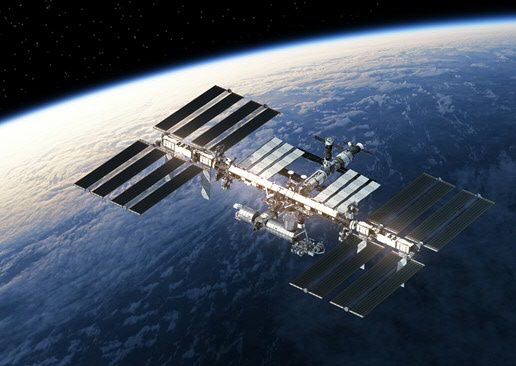NWO ENW-KLEIN-1 grant for Dr. Vecchi
Dr. Manuela Vecchi of the Kapteyn Astronomical Institute has been awarded an ENW-KLEIN-1 grant from the Netherlands Organization for Scientific Research (NWO) worth EUR 300,000. The grant is for her project ‘ Cosmic ray antideuterons as a probe for new physics’.
Vecchi focusses on l ight anti-atomic nuclei from space. So far, light anti-atomic nuclei, such as anti-deuterium, have never been detected in cosmic radiation. The detection of these antiparticles is, however, within the reach of the AMS-02 experiment (2011-2024) which involves the collection of data on board the International Space Station. The measurement of flux from anti-atomic nuclei is a particularly promising method for studying antimatter and dark matter accurately.
ENW-KLEIN
The ENW-KLEIN grant offers researchers the opportunity to establish scientific innovations that can form the basis for the research themes of the future. In this round, fifteen applications have been awarded by the board of the NWO. More information about this round is available on the NWO website .

| Last modified: | 05 January 2021 10.32 a.m. |
More news
-
29 April 2024
Tactile sensors
Every two weeks, UG Makers puts the spotlight on a researcher who has created something tangible, ranging from homemade measuring equipment for academic research to small or larger products that can change our daily lives. That is how UG...
-
29 April 2024
Behind the scenes: how UG and Hanze UAS students are jointly developing a Mars rover
This year the students of the Makercie team are participating in the physical edition of the European Rover Challenge in Poland. Read more about the team and the collaboration between the RUG and Hanze UAS here.
-
23 April 2024
Nine MSCA Doctoral Network grants for FSE researchers
Nine researchers of the Faculty of Science and Engineering have received a Horizon Europe Marie Sklodowska Curie Doctoral Network grant.
